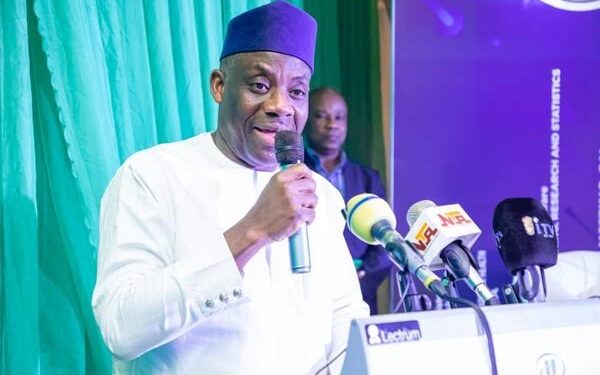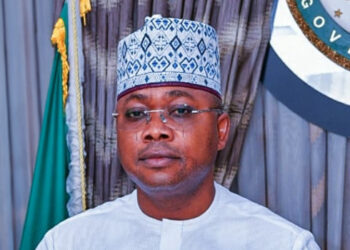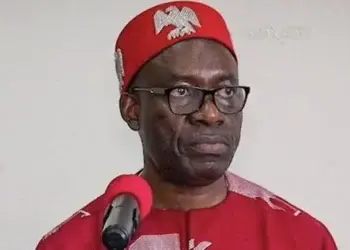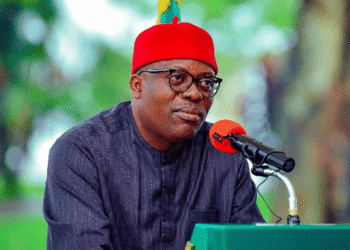Alausa disclosed this during a news conference in Abuja on Friday.
The minister had earlier presented a proposal aimed at transitioning to 12 years of compulsory education within the existing 6-3-3-4 system at the 2025 Extraordinary National Council on Education (NCE) meeting.
He explained that the proposal was for discussion and not an immediate policy shift.
Alausa added that a major feature of the proposal was the removal of the examination barrier between the Junior Secondary School (JSS) and the Senior Secondary School (SSS).
He said that the proposal would allow students to progress seamlessly without the need for external assessments at that stage.
The minister said the proposal was, however, still under consultation, and its implementation depended on further deliberation.
According to him, over the next eight months, the ministry will engage in extensive consultations with key stakeholders, including policymakers, state governments, teachers, parents, and others.
Alausa noted that a final decision would be made at the National Council on Education Meeting in October 2025.
The goal of this, he said, was to emulate global best practices in countries like the U.S., the UK, and Ghana, where 12 years of education are made compulsory, leading to improved educational outcomes.
The minister also said that the government was committed to ensuring that the new policy does not disrupt the educational system.
“What we’re saying is that we need to move from what we have now as nine years of compulsory education to 12 years of compulsory education as is obtainable in other parts of the world.
“If you look back into the history of Nigeria, 30 years ago, people that went for primary education got up to standard six.
“If you compare that level of education, the level of instruction, even the standard three then, it’s much better than what we get in JSS three now.
“Today, our quality of instruction and education is falling.
“If we let these kids continue to graduate, if we tell these children that they only have nine years of compulsory education, we’re literally just training illiterates. We’re not preparing them for the future,” he said.
Alausa stated, however, that efforts to improve funding was in top gear, especially for early childhood education.
He added that efforts to strengthen the quality of public schools to equip students with the skills necessary for success in life, whether in further education or the workforce, had been put in place. (NAN)











